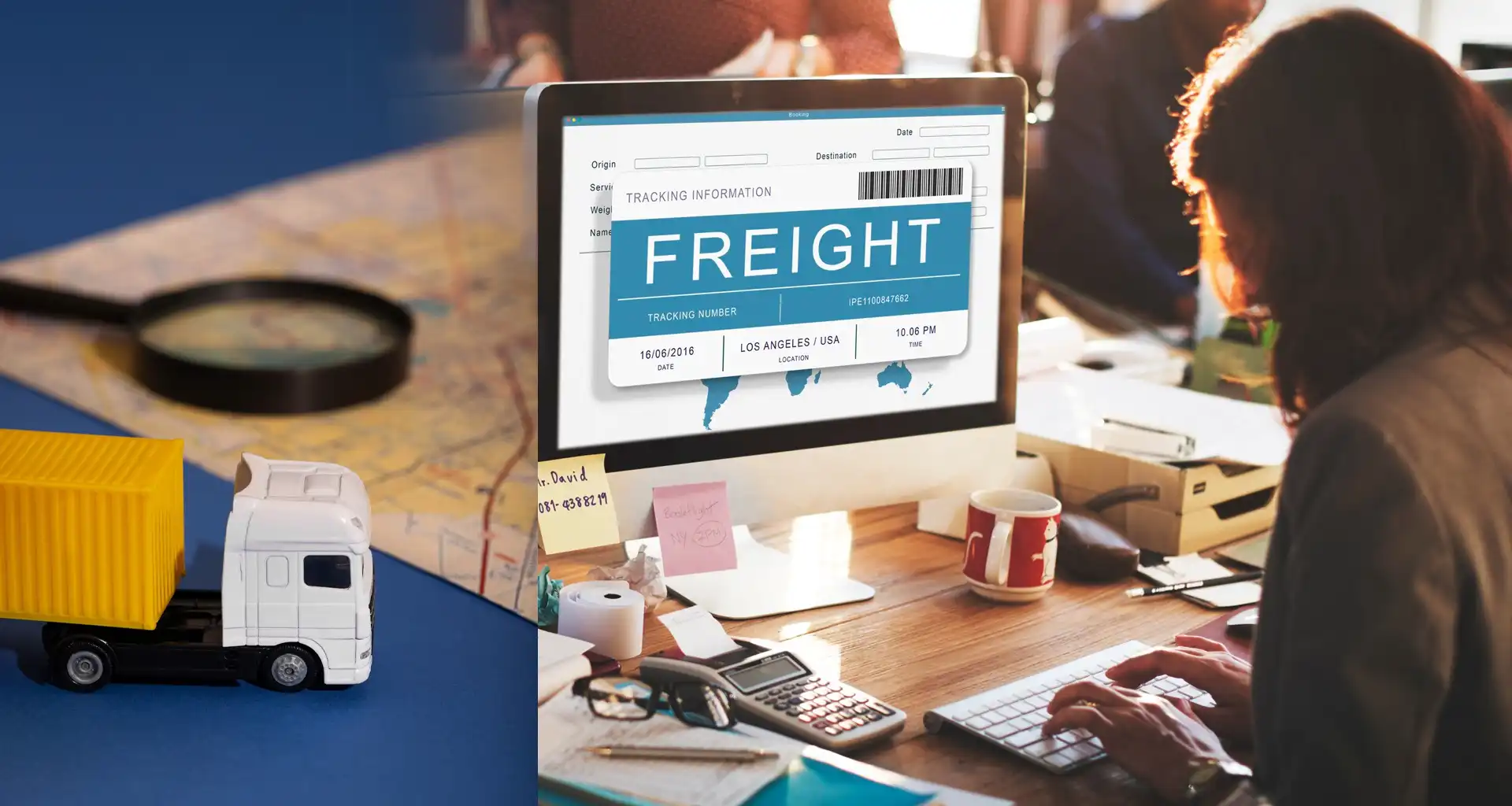Have you ever wondered how freight payment and freight settlement actually work behind the scenes?
A few days ago, I overheard a shopkeeper discussing the accuracy of a carrier bill. Later, at a loading dock, a driver was clarifying payment details before his truck rolled out. In another part of town, a warehouse clerk carefully reviewed delivery charges to ensure nothing was missed. These real-world moments show how transport costs don’t just move goods—they shape everyday business decisions.
Understanding the difference between freight payment and freight settlement is more than a matter of paperwork—it’s about avoiding costly errors, keeping accounts transparent, and ensuring carriers are paid on time. It keeps the supply chain flowing without unnecessary disputes or delays.
In this guide, you’ll learn how both processes work, why they matter, and how they impact overall logistics efficiency. Let’s dive in.
Table of Contents
What is freight payment?
Freight payment is the process of settling transportation costs once goods have been delivered. It begins with receiving an invoice, verifying the charges, and ensuring they match the agreed rates and shipment records. This step is more than just paying a bill—it confirms accuracy, prevents overcharges, and maintains trust between shippers and carriers.
The process often includes cross-checking delivery details, reviewing freight rates, and validating supporting documents before authorizing payment. This ensures that any discrepancies are resolved early, keeping supply chain finances in order. Whether the shipment involves bulk materials, finished goods, or perishable products, proper freight payment practices help maintain cash flow stability and operational efficiency.
By combining timely invoice processing with detailed verification, freight payment supports smooth logistics operations and strengthens relationships across the supply chain.
What is freight settlement?
Freight settlement is the process of finalizing and agreeing on transportation costs before the shipment begins. It ensures that all parties involved—whether shippers, carriers, or logistics teams—are clear on the agreed rate and payment terms. By confirming charges in advance, businesses can avoid disputes, reduce administrative delays, and maintain smoother supply chain operations.
In practice, freight settlement streamlines communication between all stakeholders, from contract creation to invoice verification. It helps prevent unexpected expenses by eliminating the need for post-delivery cost negotiations. This approach also improves budget control, as transportation expenses are fixed before goods are in transit.
For companies managing multiple shipments, freight settlement supports consistent pricing structures and better financial planning. It also enhances operational efficiency by minimizing back-and-forth over billing, freeing up time for teams to focus on delivery performance. Whether transporting raw materials, finished products, or critical supplies, a clear settlement process can be the difference between predictable operations and costly delays.
What is the difference between freight payment and freight settlement?
| Aspect | Freight Payment | Freight Settlement |
|---|---|---|
| Definition | The process of paying carriers or logistics providers after verifying freight invoices. | The process of finalizing and closing transportation charges, often agreed upon before shipment. |
| Timing | Occurs after delivery and invoice validation. | Occurs before or immediately upon shipment agreement. |
| Invoice Handling | Invoices are reviewed, matched, and approved prior to payment release. | Charges are pre-agreed, reducing the need for detailed invoice review. |
| Effort Level | Requires more administrative checks and verification. | Requires less post-shipment processing as terms are set in advance. |
| Dispute Resolution | Discrepancies are addressed after delivery during payment review. | Most disputes are avoided by confirming rates and terms upfront. |
| Handling of Additional Costs | Adjustments for delays, damages, or extra services are made after invoicing. | Extra costs are factored into pre-set agreements where possible. |
| Technology Use | Often involves invoice auditing software and payment platforms. | May use contract management tools or automated rate agreements. |
| Processing Speed | Can take longer due to verification and approval steps. | Faster closure as charges are settled in advance. |
| Best Suited For | Companies needing detailed cost validation for each shipment. | Companies prioritizing speed and predictable shipping costs. |
| Primary Focus | Accuracy and compliance in freight billing. | Efficiency and speed in closing transportation charges. |
Conclusion
Freight payment and freight settlement remain two distinct approaches to handling transportation costs, each offering unique advantages depending on operational priorities. Freight payment focuses on timely and accurate processing of carrier invoices, reducing delays and preventing billing discrepancies. Freight settlement, on the other hand, emphasizes comprehensive reconciliation, ensuring all charges align with agreed terms before closing the transaction. Both methods can enhance efficiency when applied in the right context, whether that involves managing high shipment volumes, optimizing cash flow, or strengthening carrier relationships. The choice ultimately depends on business needs, the level of control required over freight expenses, and the importance placed on speed versus detailed verification. Understanding the strengths of each approach allows companies to align their logistics strategy with overall operational goals.

